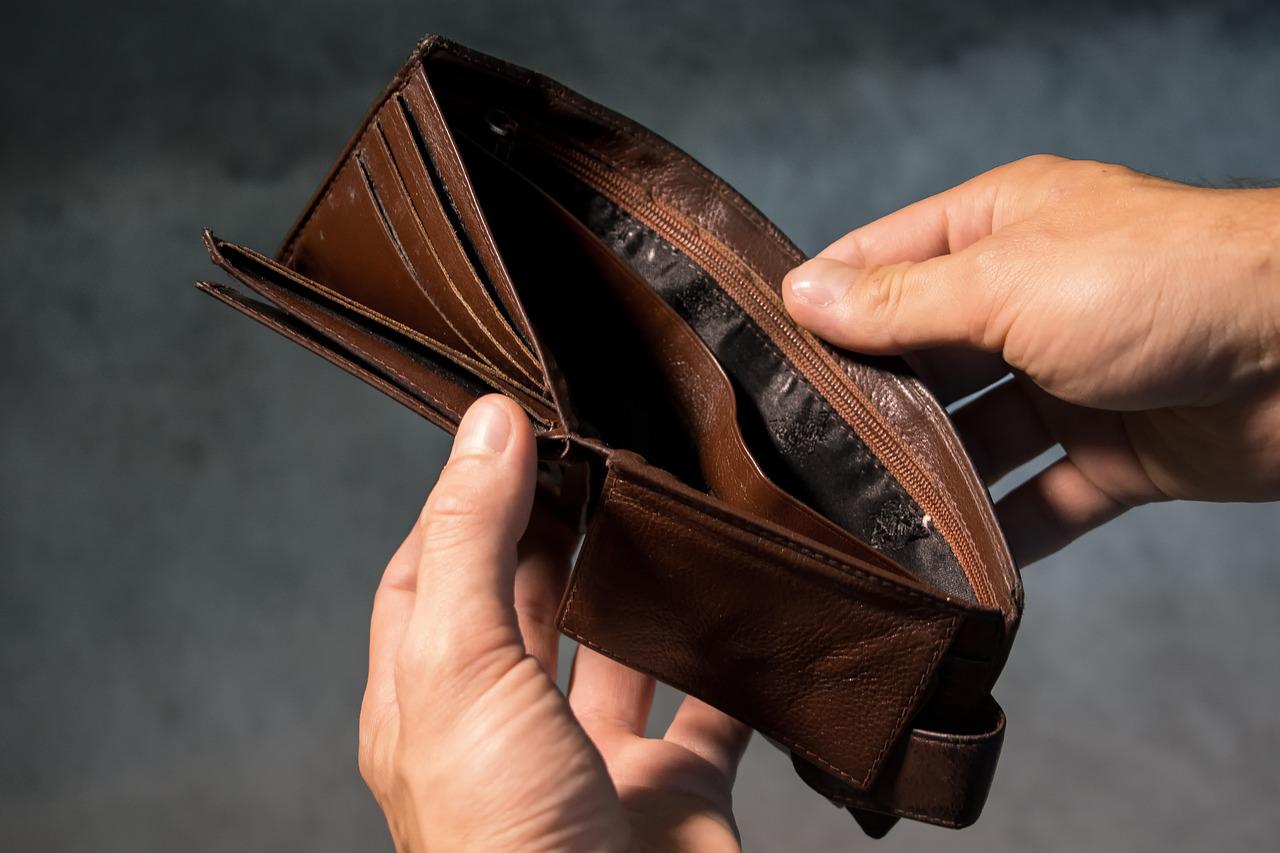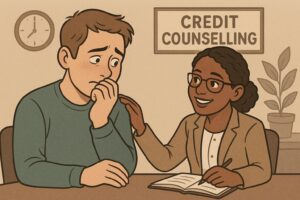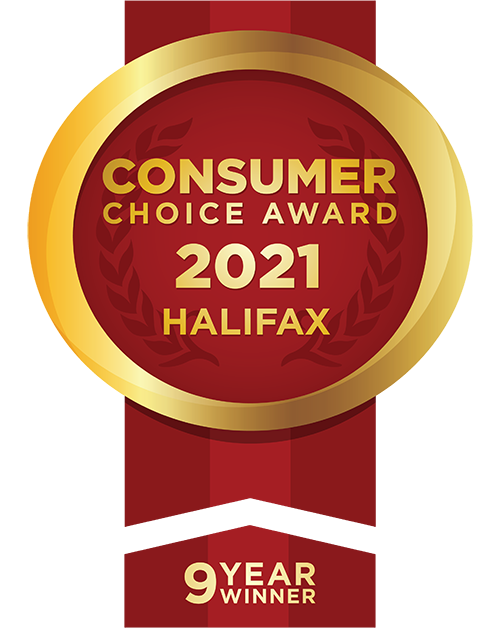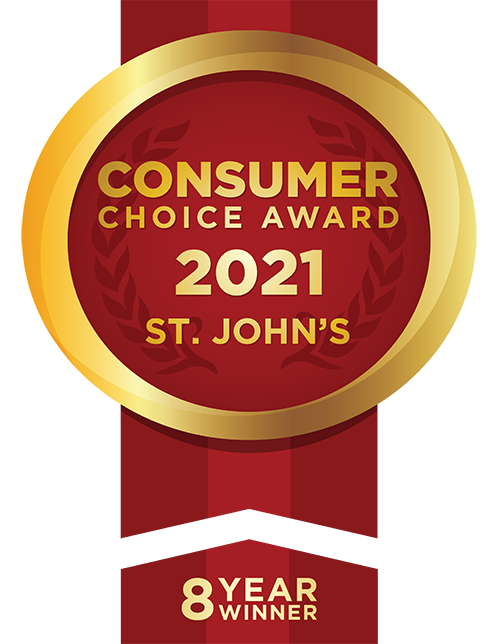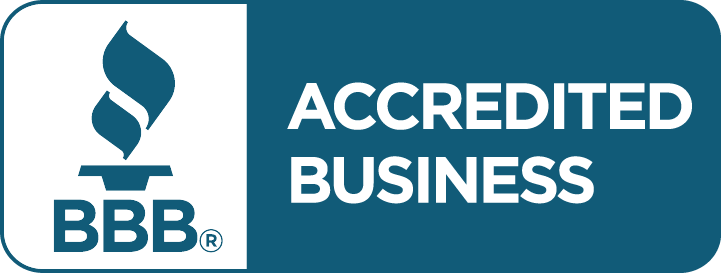A consumer proposal is quickly becoming a popular alternative to bankruptcy due to its lesser impact on your credit and financial future.
A consumer proposal is a legal process and a matter of public record under the Bankruptcy and Insolvency Act between you and your creditors. It can only be administered by a licensed insolvency trustee and costs approximately $1500.00 to file. The licensed insolvency trustee will put together an offer to pay creditors a percentage of what is owed to them and/or extend the time you have to pay off the debts.
You are responsible for an initial setup fee and, if the arrangement is accepted by your creditors and approved by the courts, you will have to pay the balance to move forward. In addition to this, the trustee will take 20% of your future payments as a fee for overseeing and managing your consumer proposal.
To be legally binding, the creditors who own most of your debt must agree to the proposal. Once they do, you repay the agreed amount over a maximum term of 5 years and a permanent public record is placed in a searchable, online database.
If you are unable to make your payments, you may be forced to go bankrupt as there may be no other alternatives at that point.
Which debts can be included in a consumer proposal? Can I include my student loans?
In order to file a consumer proposal, an individual must owe less than $250,000.00, excluding a mortgage on their principal residence. In addition, not all debts can be included in a consumer proposal. Student loans often cannot be included, especially if it has been less than 7 years from when someone stopped studying. While you are making payments on a consumer proposal, student loan payments aren’t required, however, interest is still added to the loan during that time. At the end of the proposal, you may end up owing more on your student loan than you did before filing the consumer proposal.
What happens to my secured debts and assets?
Secured debts such as a car loan can’t be included in a consumer proposal. Any assets tied to a secured loan may need to be sold when entering into a consumer proposal because you might not be able to manage the payment any longer. Often, creditors won’t agree to a proposal if you have assets you can sell to pay back the full amount of what you owe.
Will creditors accept my consumer proposal?
There is never a guarantee that creditors will accept your consumer proposal. Each creditor has their own policies and each will consider someone’s overall circumstances very carefully. For example, if someone has a lot of surplus income over and above the Superintendent of Bankruptcy’s monthly expense guidelines, creditors will expect them to be able to repay more of what they owe. To have your consumer proposal accepted, it needs to be a better outcome for your creditors than if you were to file bankruptcy. How much of your debt you’ll repay will depend in part on your income level and what assets you own.
What happens if I can’t make a payment?
You can’t file another consumer proposal and may need to declare bankruptcy if you can’t make your agreed-upon repayments. A consumer proposal has very strict conditions. If someone misses three payments, the consumer proposal defaults and you are not able to file it again. Creditors will then proceed with collecting on what is still owed, which can include legal action. Oftentimes people who enter into a consumer proposal still have difficulty keeping up with monthly payments. When that happens, they are left to consider other options, including bankruptcy. There is no automatic bankruptcy following an annulled consumer proposal.
How does a consumer proposal affect my credit?
A consumer proposal is a legal arrangement and is a matter of public record. It is also noted on your credit report and this for an additional three years after the proposal has been successfully completed. How a consumer proposal affects your credit will depend on what is on your credit report.
What is public record?
Consumer Proposal is a matter of public record. This means that if someone wants information on your consumer proposal, they can visit Industry Canada’s website and search for your name in the Bankruptcy Insolvency Records. A fee of $8 is required.
How does a consumer proposal affect future employment?
If your employer is one of your creditors, they will naturally be informed. In addition, if you work or are seeking employment in the finance industry and your terms of employment state you can’t hold your position while insolvent, you will need to tell your employer. Also, when applying for positions that require you to be bondable, this could create a problem.
Contact us for more information about consumer proposal and help with your debt
We have been helping consumers get debt relief since 1994. If you aren’t sure if a consumer proposal is the right debt solution for you, we can help. Contact us today for a free, confidential consultation with one of our accredited counsellors.

